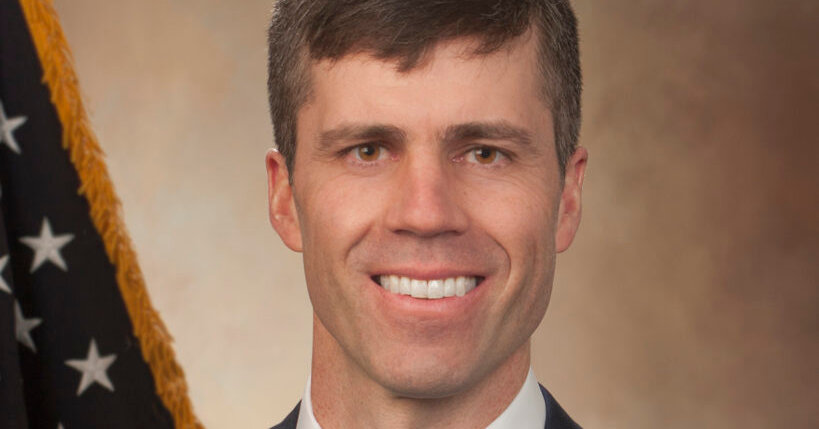When a pregnant, undocumented 17-year-old staying in a federal refugee shelter in Texas sought an abortion in 2017, it was the job of Scott Stewart
When a pregnant, undocumented 17-year-old staying in a federal refugee shelter in Texas sought an abortion in 2017, it was the job of Scott Stewart, then a Department of Justice lawyer, to help defend the ultimatum issued by the Trump administration: go through with the pregnancy — or leave the country.
The girl had obtained a court order allowing her to have the procedure, but the government was preventing her from leaving the shelter for the appointment. That decision, Mr. Stewart argued, did not create an undue burden on the minor. “She can get relief with voluntary departure,” he argued.
A federal judge, declaring herself “astounded” by the argument, disagreed and ordered the government to allow the minor to go through with the abortion.
Mr. Stewart now finds himself once again at the center of a high-profile abortion case, one that may lead to one of the most consequential rulings on reproductive rights in decades.
Mr. Stewart, who was appointed the solicitor general for Mississippi in February, on Wednesday will defend the state’s law prohibiting abortions after 15 weeks of pregnancy and directly challenge Roe v. Wade and Planned Parenthood v. Casey, both of which affirmed the right to abortion before fetal viability.
“Roe and Casey are egregiously wrong,” he wrote in the court brief. “The conclusion that abortion is a constitutional right has no basis in text, structure, history, or tradition.”
Mr. Stewart graduated from Princeton University and studied law at Stanford. He clerked for Justice Clarence Thomas on the Supreme Court and Judge Diarmuid F. O’Scannlain of the U.S. Court of Appeals for the Ninth Circuit. He served in the U.S. Department of Justice’s Office of Legal Counsel and worked in private practice as a litigator. As deputy assistant attorney general in the Civil Division of the Justice Department, he presented more than 40 oral arguments in the federal courts of appeals.
www.nytimes.com
